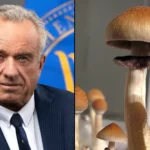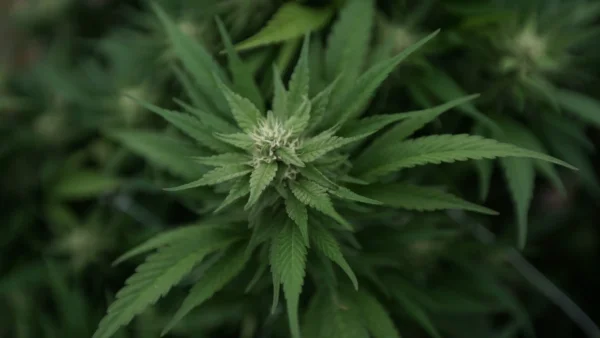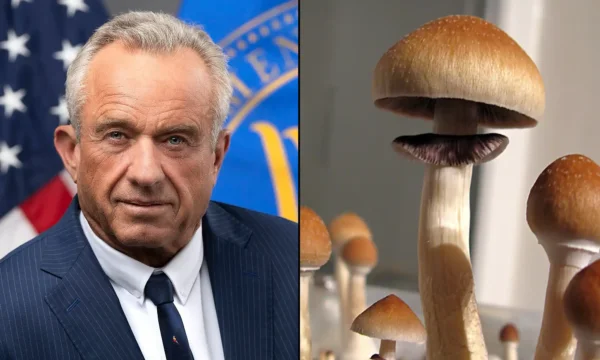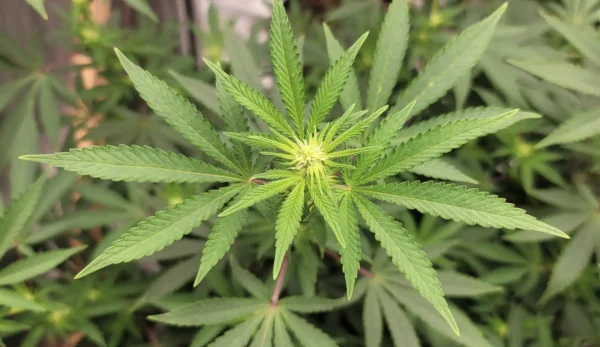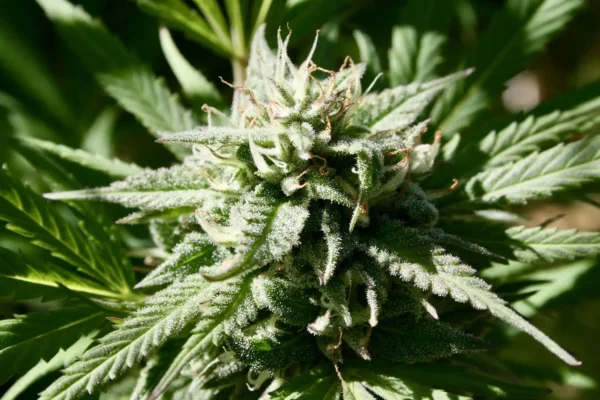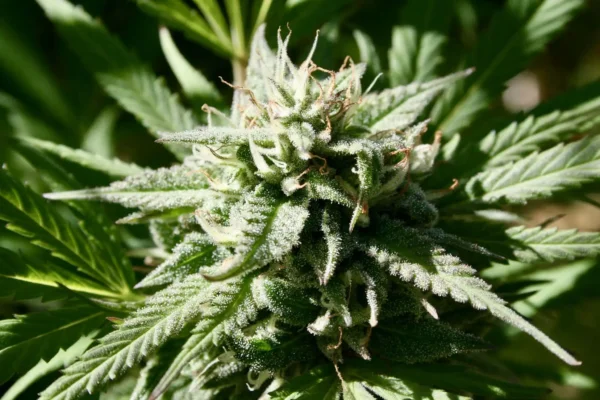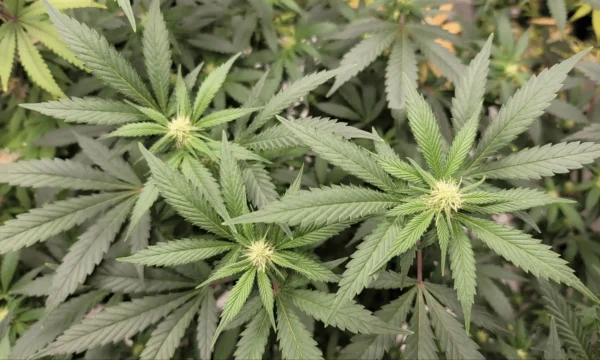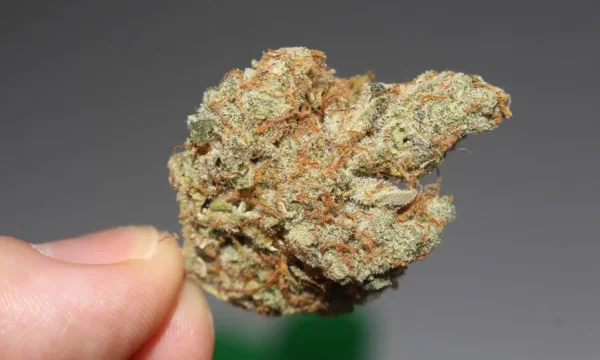Nebraska Senator Files Formal Challenge To Restrictive Medical Marijuana Rules Signed By Governor
Nebraska medical cannabis regulations challenge: a showdown in Lincoln over what voters meant and what regulators delivered. Picture a courthouse corridor that smells faintly of coffee and copy paper—State Sen. John Cavanaugh, a lawyer with a spine and a stopwatch, files a formal complaint that reads like a roadside warning flares. The charge, according to Nebraska Examiner reporting: regulators rewrote the recipe after the guests arrived, smuggling in emergency rules that restrict products, muzzle physicians from out of state, and ban the very inhalation methods the law seemed to invite. Voters legalized medical cannabis last fall—71 percent said yes—and the clock was set: rules by July 1, licenses by October 1. Then came resignations, a missed deadline, and a program stumbling out of the gate while patients, clutching lawful recommendations and up to five ounces they can possess but not buy, wait in the cold for a door that still hasn’t opened.
What voters approved vs. what arrived
The dispute is simple—and that’s what makes it infuriating. Nebraskans didn’t vote for a “narrow list” of allowable products; they voted for access. Yet the emergency regulations carve the menu down to the gristle, excluding raw flower and vapes and capping delta-9 THC so tightly—just five grams every 90 days—that it would take years for a patient to legally accumulate the 5-ounce possession limit embedded in statute. The rules also attempt to wall off recommendations to in-state practitioners only, despite approval language that anticipated any physician with the courage and training to stand up for a patient’s relief. The irony is almost theatrical: an initiative that expressly permits vaporization and inhalation finds itself translated into a ban on smoking and vaping, as if semantics could cure pain. The commission, backed by the governor’s emergency pen, added plant caps—up to four cultivators, each limited to 1,250 flowering plants—alongside a tiny stable of manufacturers and a mere dozen dispensaries to serve the entire state. For patients, that’s a scarcity map; for small operators, it’s a lottery with long odds and thin margins.
“The commission is not free to adopt its own definition of cannabis that is more restrictive than the definition contained in statute.”
That line from Cavanaugh isn’t rhetorical flourish; it’s a legal flare. Judges in Nebraska can strike rules that exceed statutory authority or violate procedure, and lawmakers recently widened the venue options for those fights. With a public hearing slated in Lincoln on October 15 and an interim study hearing circling October 31, the question isn’t whether this program moves forward—it’s who gets to say what “forward” means, and how many patients get left on the shoulder while the process crawls by.
Process, power, and the tick of the clock
Inside the Capitol, the choreography is formal. Cavanaugh’s complaint routes through the Executive Board, then to the General Affairs Committee chair, who can ask the Medical Cannabis Commission to respond within 60 days. Meanwhile, the commission gears up to vote on the first cultivator licenses, even as seed-to-sale looks unlikely before mid-2026. In the vacuum, frustration ferments. Some senators wanted to wait out legal challenges; others wanted to trust the commission’s timeline. Neither camp expected a missed licensing deadline and a narrower rulebook than the ballot implied. We’ve watched other states take a harder line—see Texas Health Officials Adopt Rules To Ban Hemp THC Sales To People Under 21 In Response To Governor’s Executive Order—but Nebraska’s fight is less about ideology than fidelity to the mandate. And while Cornhusker Country is still arguing over access itself, mature markets argue over money: Michigan Lawmakers Approve Marijuana Tax Increase Projected To Raise $420 Million In Annual Revenue. That’s the split-screen: one state calibrating tax receipts, another still debating if a vaporizer is a bridge too far.
The national and global lens
Zoom out and the soundtrack changes. The national conversation about legalization hums along, sometimes with theater, sometimes with teeth—see Newsom talks national cannabis legalization in Trump-mocking post (Newsletter: October 3, 2025). Nebraska’s friction sits inside that broader American ritual: we argue, we stall, we tweak, we try again. But the stakes aren’t abstract. If you want to taste the extremes, look abroad to the cautionary tale of an athlete facing the ultimate penalty over plant medicine—American Basketball Player Faces Potential Death Penalty Over Medical Marijuana After Arrest In Indonesia. It’s a stark counterpoint: at home, a heated debate over milligrams and directories; elsewhere, a life on a knife’s edge. Policy, when it forgets people, curdles into theater. Policy, when it centers patients, becomes the quiet dignity of a night without pain.
What it means for patients—and the next mile
Patients in Nebraska can legally possess up to five ounces with a practitioner’s recommendation, but until dispensaries open and products flow, possession is a paper promise. The Legislature built in oversight for a reason, and the courts stand ready to scrutinize any rule that strays from statute. If commissioners wanted a more restrictive program, the proper venue was the Unicameral floor, not emergency rulemaking. The dates on the calendar are now part of the plot: October 15’s public hearing, October 31’s interim study session, and a likely 2026 debut for real, regulated access unless someone finds the fast-forward button. If leaders fear that voters might pivot to adult-use out of frustration, the surest way to prove them right is to keep sanding down a medical program voters carved in plain language. Nebraska doesn’t need a culture war; it needs a clear lane, reasonable rules, and a little Midwestern follow-through—so patients can stop reading fine print and start living their lives. And if you’re exploring compliant options while you follow this story, visit our shop: https://thcaorder.com/shop/.



